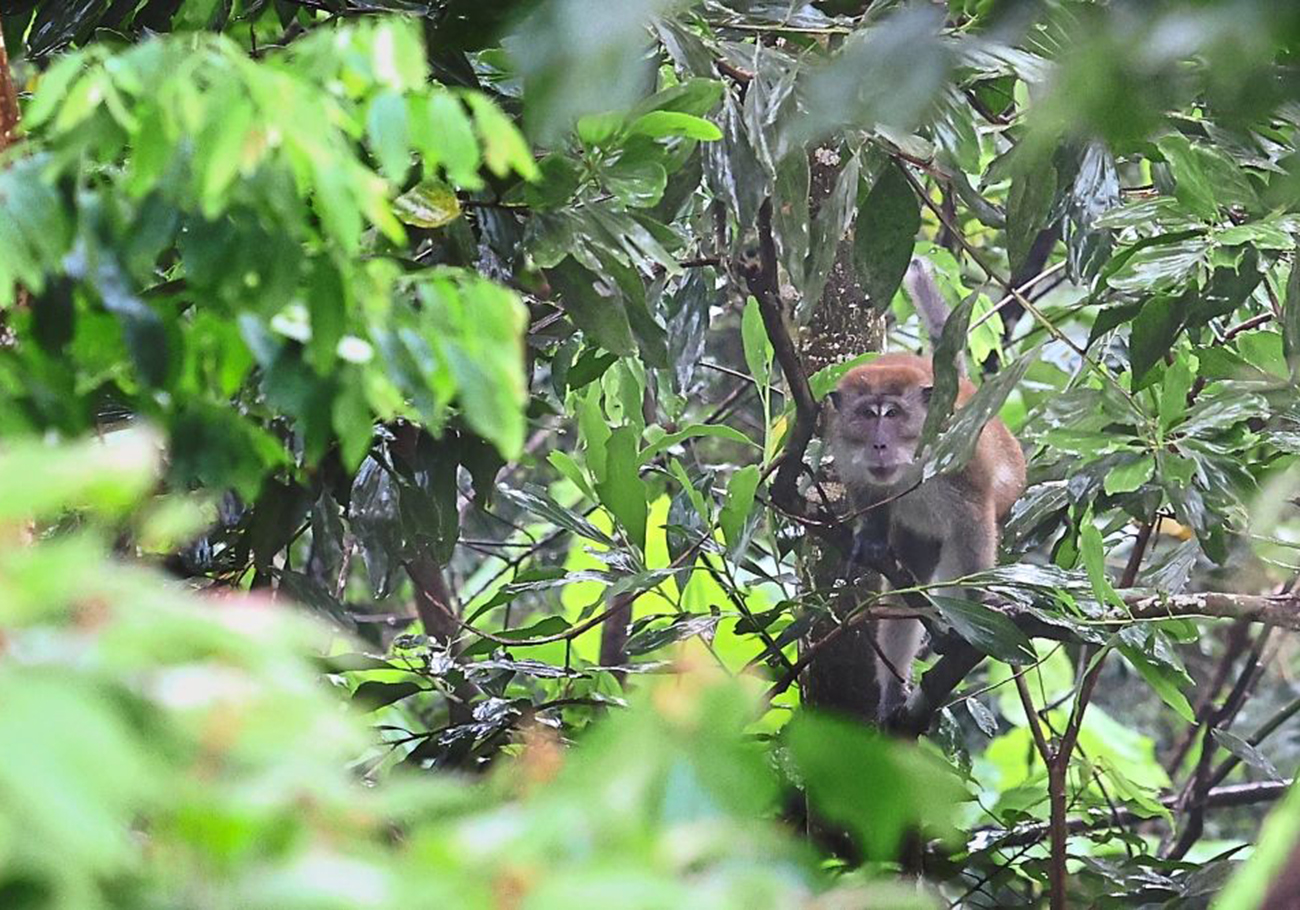
The recent culling of macaques in Batu Caves by the Wildlife Protection and National Parks Department (Perhilitan) has raised alarm and disappointment among conservationists and residents alike.
The shooting of 20 monkeys, some at point-blank range, has sparked outrage and prompted the Consumers’ Association of Penang (CAP) to address the issue.
While culling is often seen as a method to manage nuisance macaque populations, the approach has drawn criticism due to concerns about animal suffering and the potential for increased conflicts.
Addressing macaque culling
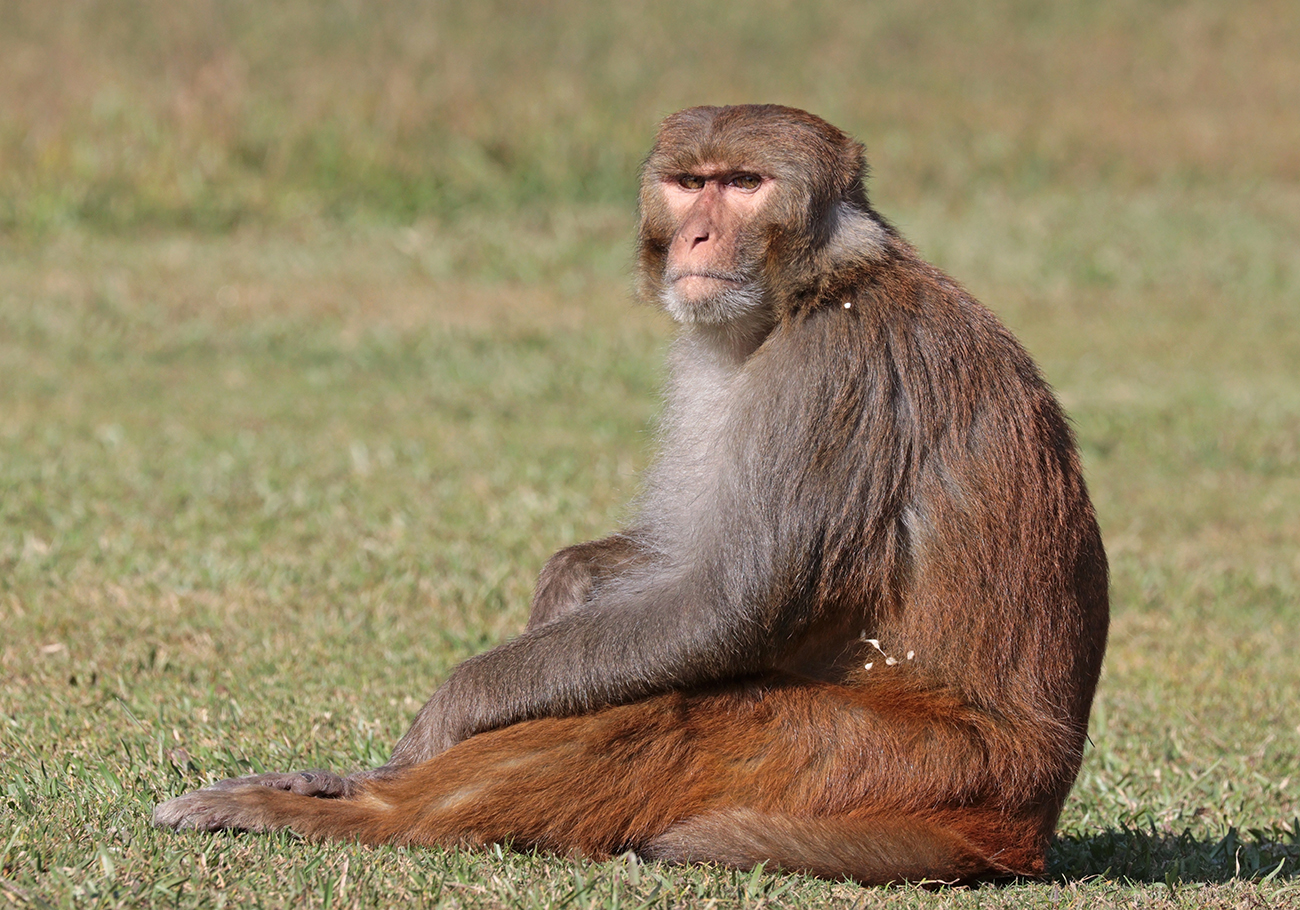
The macaque culling in Batu Caves stems from complaints about property damage attributed to these animals. Although culling is considered a cost-effective means of population control, experts caution that it is not a sustainable solution.
The removal of macaques through culling can lead to a vacuum that’s quickly filled by other monkeys seeking territory, resulting in ongoing conflicts.
Wildlife specialists emphasize that culling is not just about shooting. It involves selective removal of the weak, sick, and young, which can disrupt the dynamics of the monkey troop.
This disruption might prompt the remaining monkeys to move to new areas, shifting the conflict elsewhere.
Exploring sustainable alternatives
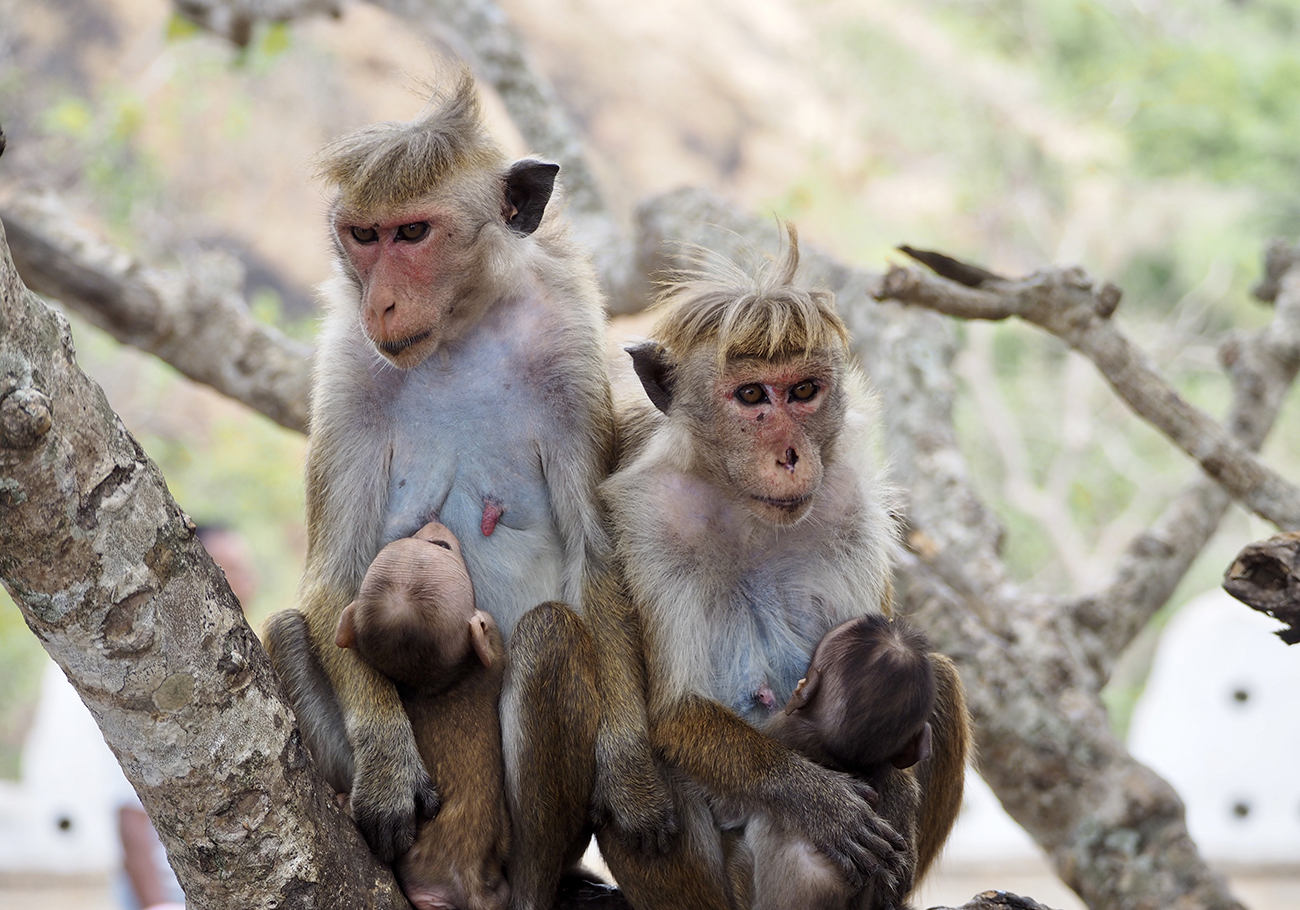
The loss of macaque habitat and food sources has driven these animals to human settlements in search of sustenance. Experts highlight that food motivation is a primary driver of human-macaque conflicts. While culling might address short-term issues, it does not tackle the root causes of conflicts.
CAP suggests a multi-pronged approach to mitigate human-macaque conflicts. Stringent enforcement of food and waste management practices to prevent easy access to food sources is one aspect. However, experts stress the importance of coexistence and habitat protection.
Contraception and sterilization programs have been used in the past to control macaque populations, but they require significant resources and time. These efforts need to be ongoing to stabilize and decrease macaque populations over time.
Avoiding deforestation and replanting trees in forested areas are vital long-term measures to minimize conflict rates. To achieve effective results, collaboration between government authorities, policymakers, researchers, wildlife managers, and local communities is essential.
The Batu Caves macaque culling incident highlights the complex nature of human-wildlife conflicts and the need for sustainable solutions. The CAP’s concerns reflect a broader call for responsible and ethical management of overabundant species.
Rather than resorting to elimination, experts emphasize the importance of developing and implementing effective strategies that address the root causes of conflicts.


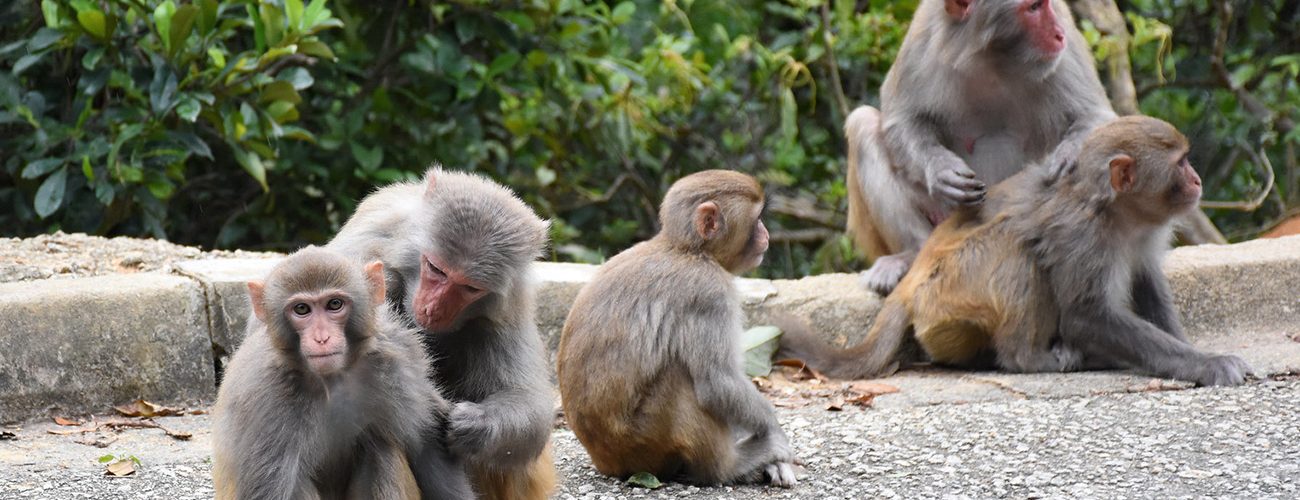




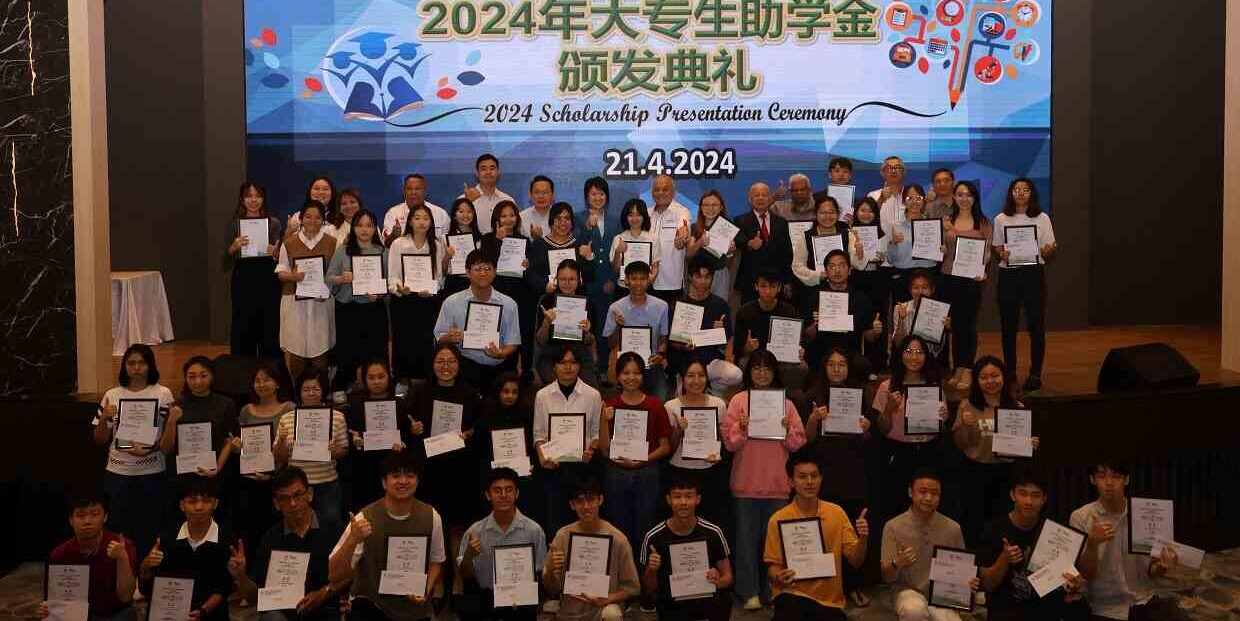

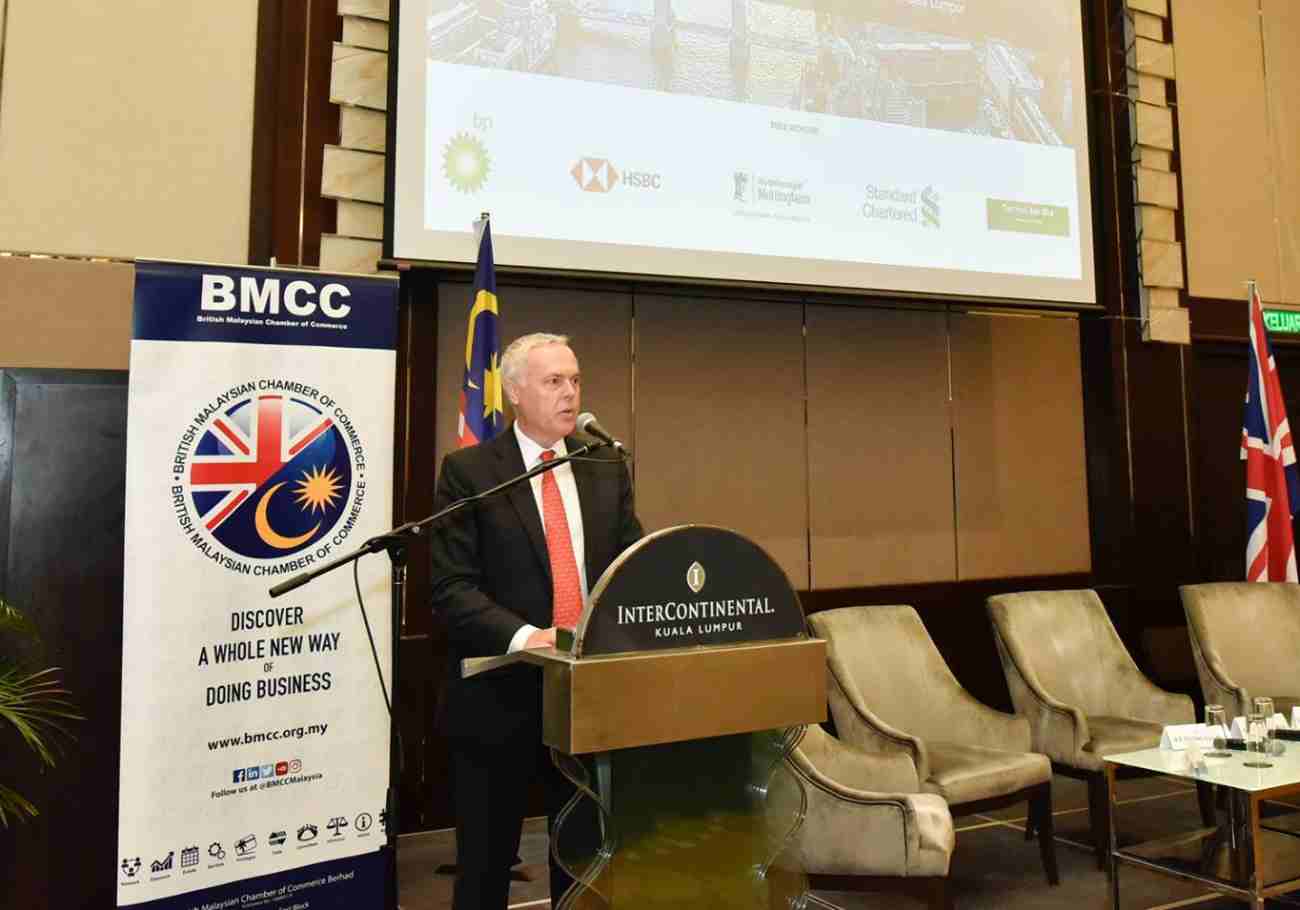
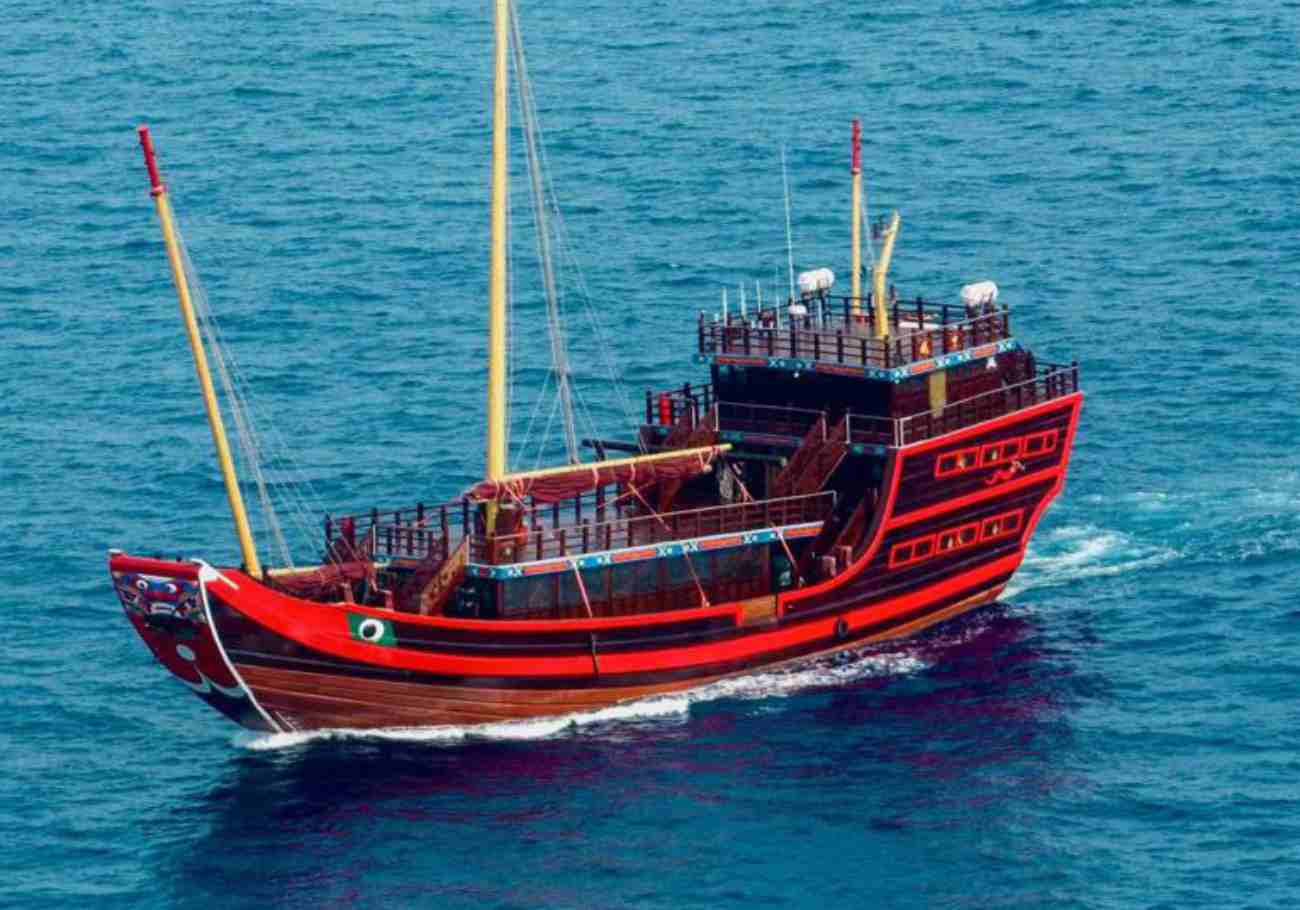

Add comment